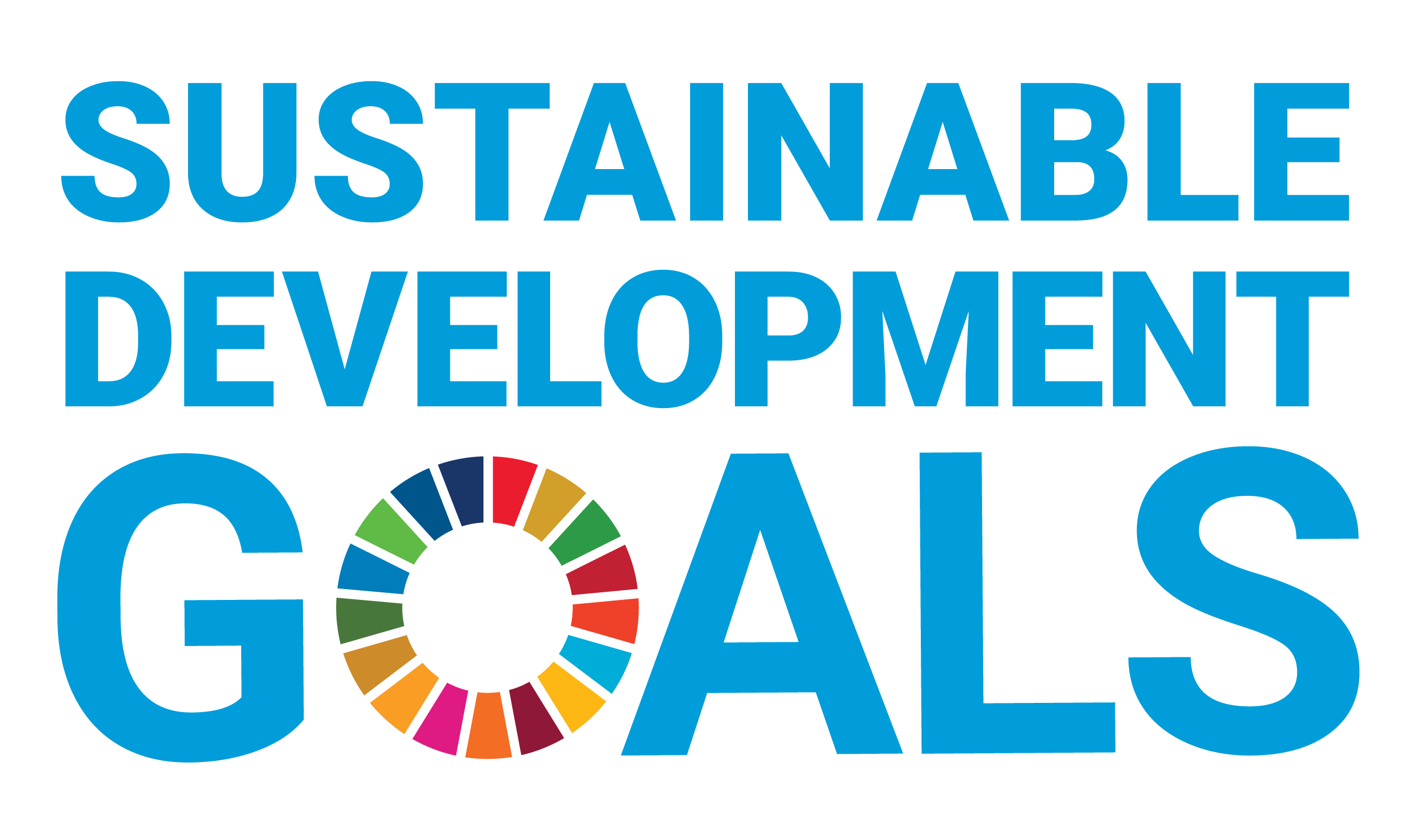Community-Based Leadership in Disaster Resilience: The Case of Small Island Community in Hagonoy, Bulacan, Philippines
Document Type
Article
Publication Date
1-14-2022
Abstract
There are limited studies on the role that community-based leadership plays in small island communities to achieve disaster resilience. Hence, this research sought to address the gap. Utilizing the toolkit for measuring community disaster resilience (MCDR) by GOAL, the study examined factors that contribute to or impede the successes of community-based leadership of the people of Pugad Island in the Philippines to achieve disaster resilience. Research findings reveal the interplay of the strengths and limitations in the practice of disaster risk reduction (DRR) among the community-based leadership of Pugad which fostered and hindered the achievement of their community disaster resilience. Such interplay revolved around the wins and limits on the practice of community leadership, upholding of human rights, funding for community-based DRR plans, partnerships with external development actors, and inclusion of vulnerable groups, including women, in DRR. Recommendations were given in the study to foster more inclusive, equitable, and sustainable means to prepare the people of Pugad for impending hazards and further enhance their community disaster resilience. Such recommendations are also applicable to small island communities facing similar challenges in the Asia-Pacific and equatorial regions of the world.
Recommended Citation
Abenir, M. A. D., Manzanero, L. I. O., & Bollettino, V. (2022). Community-based leadership in disaster resilience: The case of small island community in Hagonoy, Bulacan, Philippines. International Journal of Disaster Risk Reduction, 71, 102797. https://doi.org/10.1016/j.ijdrr.2022.102797



